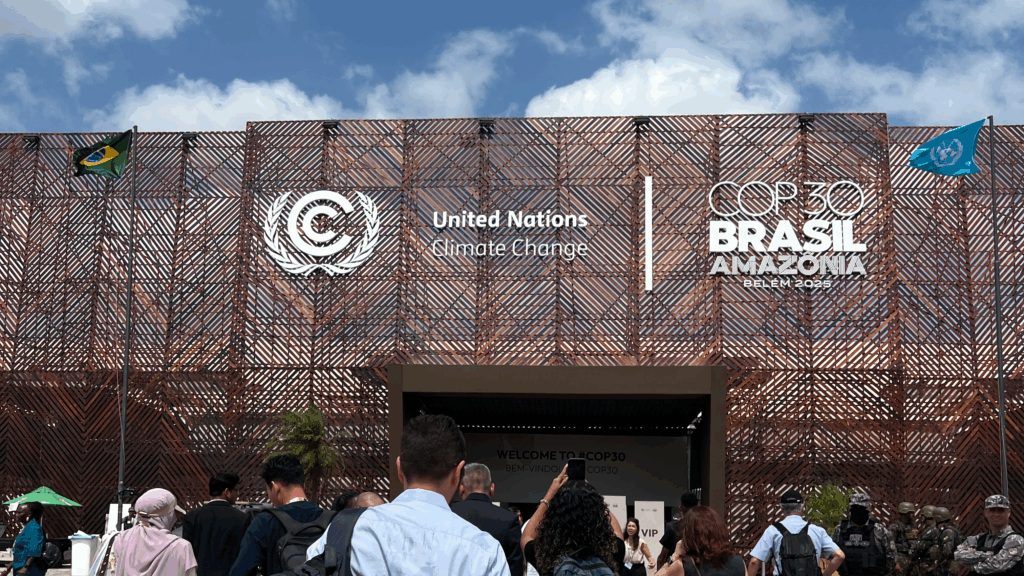
Gender assessment of non-timber forest production and capacity building in northern uplands Lao PDR
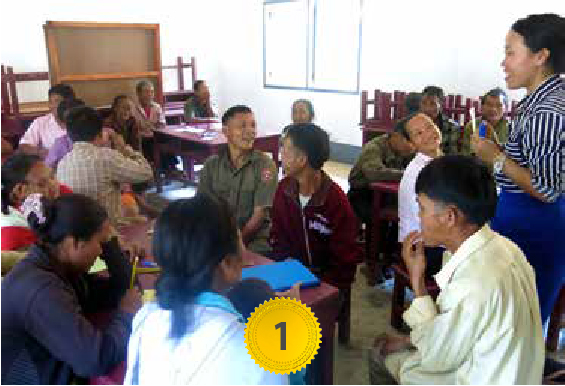
Description of the project:
GDA assessed gender roles in the northern rural uplands of Lao PDR, focusing on Non-Timber Forest Production (NTFP). The project used a women’s empowerment lens to bridge traditional harvesting practices with sustainable livelihood initiatives in the target communities. The 4,500 project beneficiaries were women, their families and fellow community members; many of whom belong to the Hmong and Khmu ethnic groups who have been systematically marginalized in Lao PDR. The project identified key areas and documented policies for improving sustainability. Women leaders in the community participated in the Training of Trainer workshops with the goal to enhance their capacity and their knowledge sharing.
Climate impact:
The villages selected for the assessment were located in high risk landslide regions. The risk has increased in past years due to deforestation from overharvesting. By supporting alternative economies and NTFPs, GDA works towards mitigating the risk of natural disaster. They are also preserving natural resources through training and advocacy on sustainable harvesting practices, especially advocating for policy reform in the area of unsustainable harvesting of fish, cardamom, and wild mushrooms.
Gender impact:
In addition to the familial and household duties, women in the targeted villages are also primarily responsible for NTFP. Using a rights based gender framework, the project conducted awareness raising and training on financial management to promote financial independence. By building the capacity of the women to become knowledge bearers in the field of agriculture and income generation, the project aimed to increase their inclusion and impact on community decisions.
Scalability / replicability:
NTFP harvesting has been the mainstay of village livelihood long before external involvement. However, there is an urgent need for policy intervention and good practices to ensure its sustainability. The framework and needs assessment of this project could be replicated in other communities affected by deforestation, forced migration, and food insecurity as a women’s empowerment initiative as well as a climate risk reduction strategy.
read the latest from our network
We work across regions and movements in deep solidarity. Together, we’re building collective advocacy to global problems.


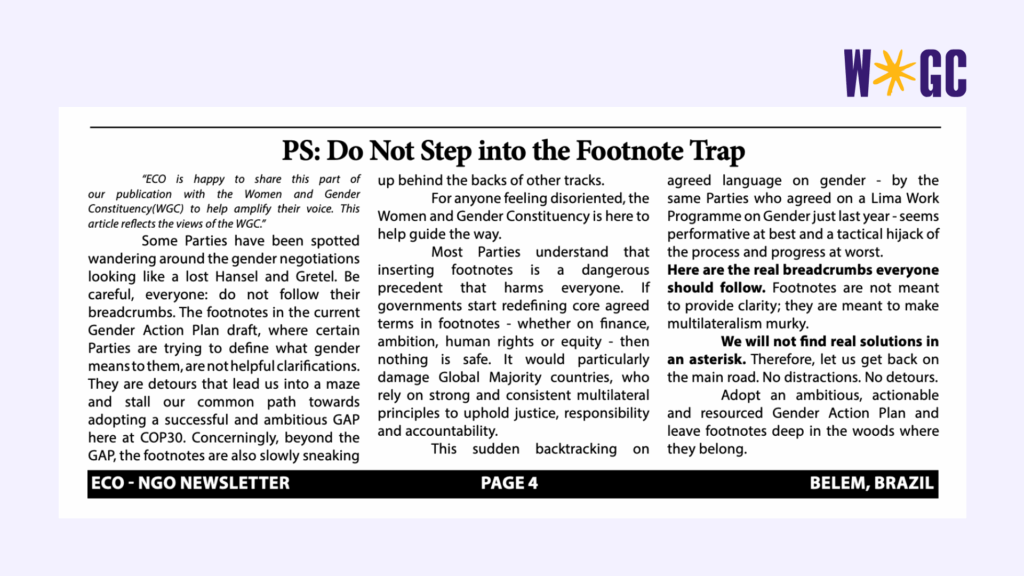
PS: Do Not Step into the Footnote Trap
19/11/2025
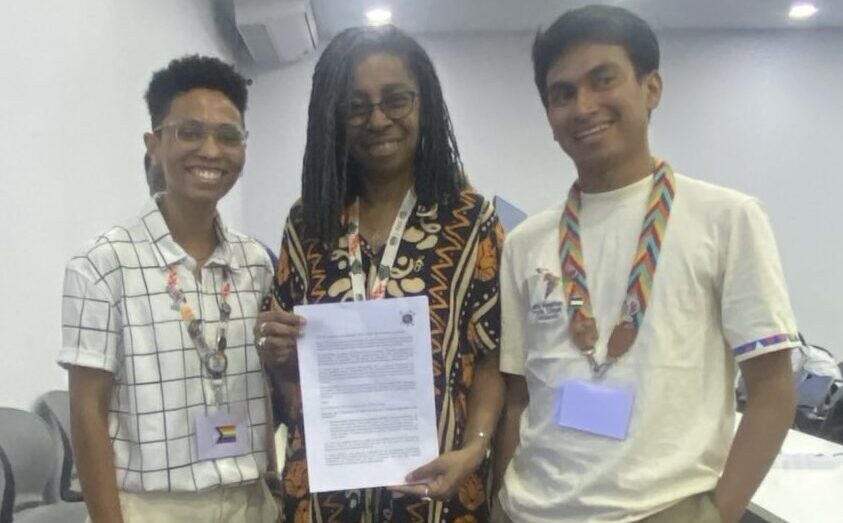
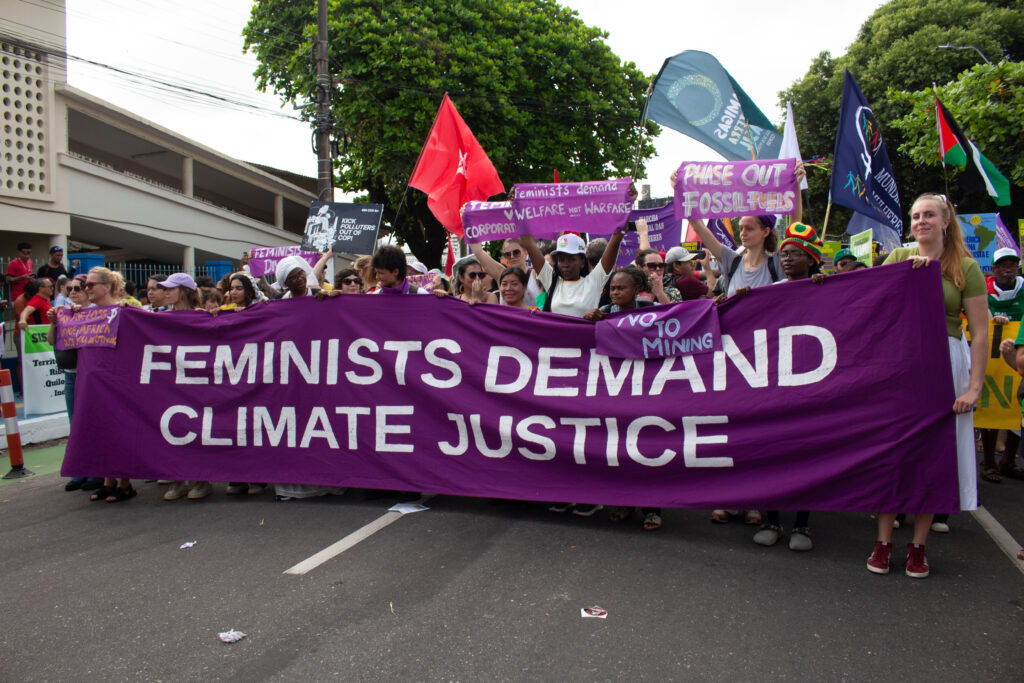
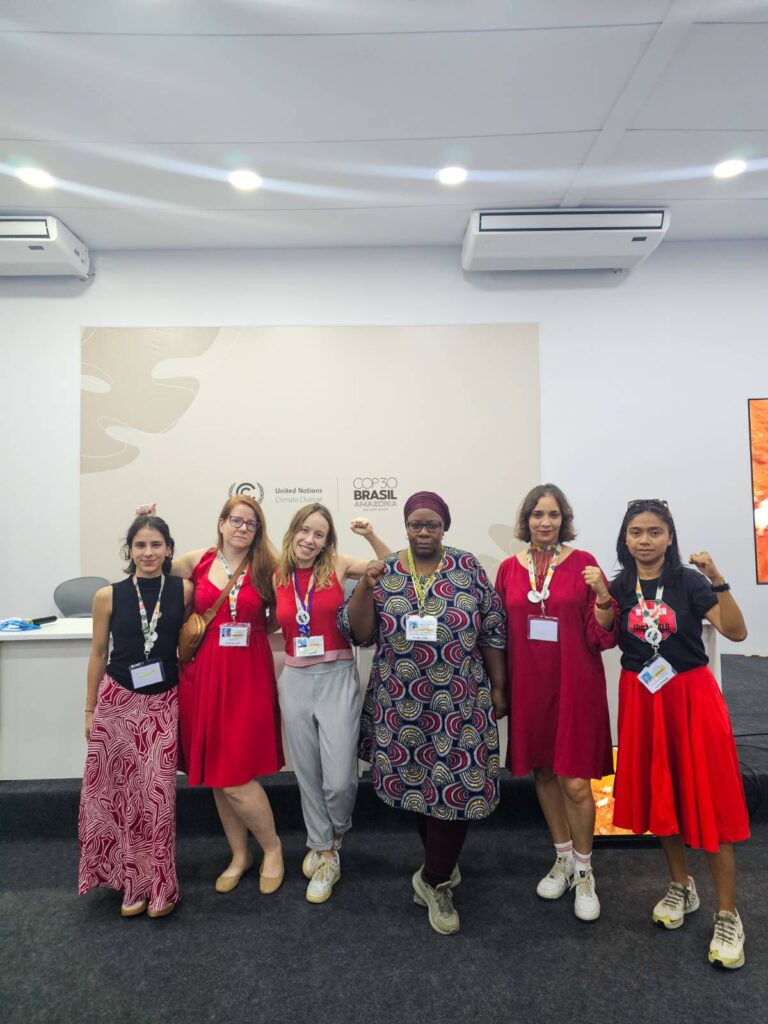

Gender Just Climate Action requires truth
12/11/2025



Nov 11 Action Alert: Gender Justice Day
10/11/2025
